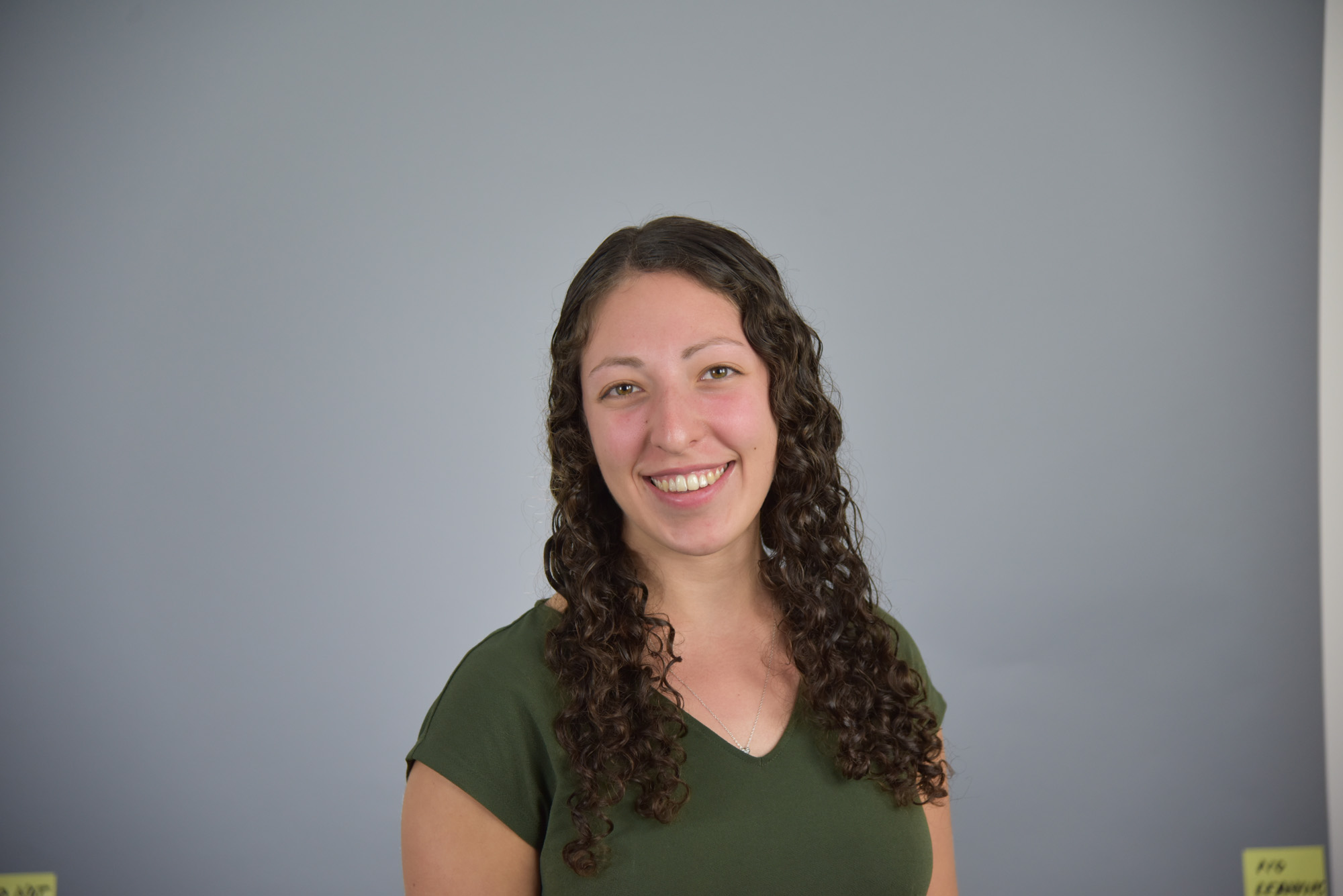How innovation comes from the messiness of multidisciplinary exchange
A doctor, a financial advisor, a social scientist, and a luxury hotel tycoon walk into a bar…
What may sound like the start to a very complicated joke was the reality during the AgeLab’s 2023 PLAN Forum last week, nominally a symposium for professionals in the financial services industry, but which also featured a menagerie of leaders across industries interested in helping individuals prepare to live longer, better.
This assortment of attendees wasn’t too far off from a typical meeting at the AgeLab.
Researchers here have backgrounds in psychology, public health, social work, political science, economics, comparative race and ethnicity, theology, computer science, human factors engineering, design, human development, and the list goes on.
Each of us brings different perspectives, knowledge, and, of course different skills to the table. While it may sound chaotic (and sometimes it is!), through working here I’ve learned the power of a multidisciplinary team, particularly when approaching a shared goal.
Returning to the PLAN Forum, for example. People are living longer and have higher expectations for what those additional years will look like. That’s a call to action for the financial services industry.
Financial advisors must adapt to provide more holistic, better advice – guiding clients not only on how to invest (a task that automated assistants are increasingly able to handle), but also how to anticipate and prepare for what could be a 20+ year phase of post-career life.
Donna McNamara, Vice President of Global Luxury & Leisure Sales at Marriott International, highlighted how a sense of autonomy among staff members can lead to better employee retention and client loyalty in any industry.
Carol Chiang, a trained occupational therapist and aging in place specialist, talked about how the kinds of skills that an occupational therapist brings to her job can inform advisors in paying attention to what clients themselves want for their future selves, and what it will take for them to get there.
Elise Selinger, Real Estate Innovation Manager at 2Life Communities, discussed retirement housing options for people across the wealth spectrum, emphasizing the importance of advisors being able to discuss housing options and costs with their clients.
The intentionality with which a designer like Sheng-Hung Lee engages our senses and analyzes the consumer journey can be applied to office design and conversation tools to promote discussions on difficult or personal topics.
The discussions and collaborations that happened so naturally at this event are what we hope industry leaders will carry on into their everyday practices. It’s about the transfer of ideas and perspectives from one industry and applying them to another. That’s what sparks innovation.

